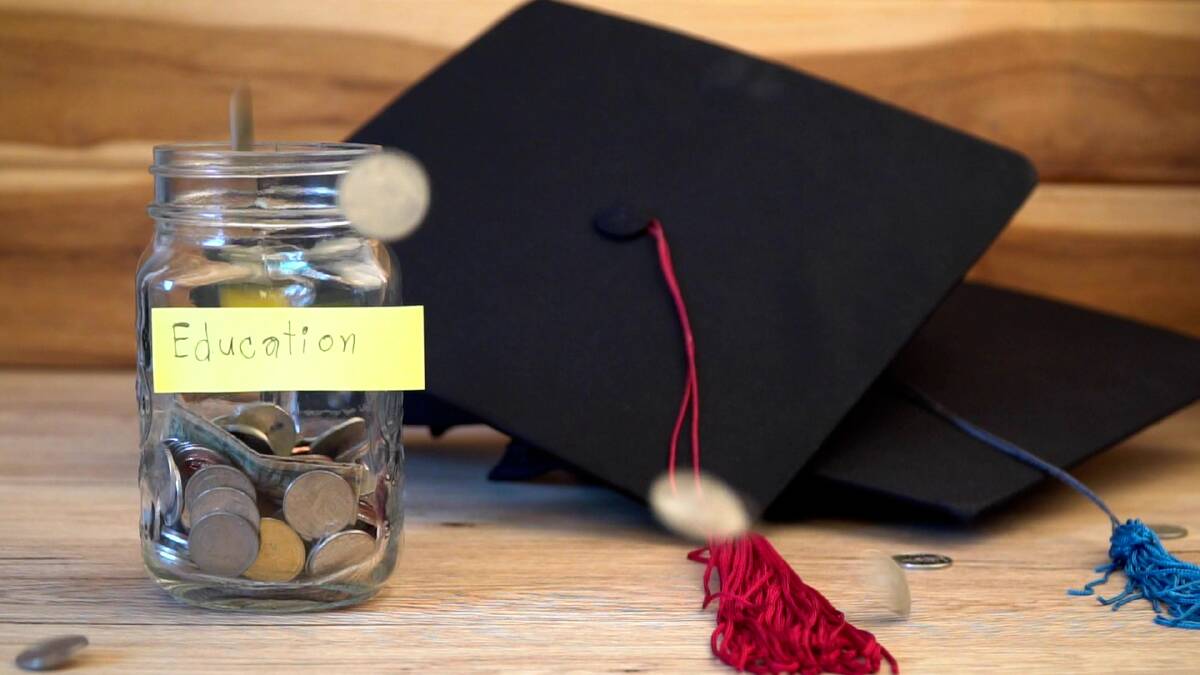
Australians who have returned from living abroad in the past seven years may have encountered a sudden 'HECS debt shock' if they had not kept up with their payments while overseas.
Living outside Australia was once considered almost a 'free pass' for Aussies with a HECS debt as many of the compulsory repayments that plagued domestic students were not enforced abroad.
But in 2015 the federal government introduced the Student Loans (Overseas Debtors Repayment Levy) Bill. Once operational in 2017, the rules changed so that university graduates would have to repay their HECS debts no matter where they were living.
Australian-born PhD candidate Cameron Stewart told ACM he had not been made fully aware of the legislative changes.
After completing Bachelors and masters programs with the University of NSW, the now-30-year-old student moved to London in 2020, where he completed his PhD in machine learning and computational neuroscience at University College.
After an inheritance his mother received in 2017, Mr Stewart was able to repay his HECS debt in full, but he worries for other students who are not be able to do so.
That concern stems from a historically high HECS indexation of 7.1 per cent that impacted students at the beginning of the 2023/2024 financial year.
"If [my HECS debt] was what it was back in 2017, which is about $40,000, and over time that would have gone up as well, that's a lot," he said.
"Seven per cent on top of $40,000 is ... $2,800 or something? That's a lot to go on it in just one year and it would continue going up like that in future years," Mr Stewart said.
Australia's domestic HECS repayment system has drawn wider criticism.
The Australia Institute executive director Richard Denniss used his press club address on January 31, 2024, to take aim at the federal government's over-reliance on HECS repayments.
"Let's consider the fact that in Norway they tax the fossil fuel industry and they give university education to their kids for free," Mr Denniss told the press club gathering.
"In Australia we subsidise the fossil fuel industry and we charge our kids a fortune to go to university.
"Choices matter and the Australian government collects more money from HECS than it does from the Petroleum Resource Rent tax. Thank you, children. You're the backbone of our economy, not the gas industry."
A HECS debt is a barrier for many ordinary students seeking further education, he said, and he feared it would eventually lead to a knowledge deficit in Australia.
Higher education was free in Australia from 1974 to 1989. But now, a standard Arts degree at an Australian university, adds about $13,392 onto students' HECS debt every year.
"I tend to think that more should be done to make it more [accessible] to people who may not have a family that has millions of dollars that can just immediately pay off their HECS debts," PhD student Mr Stewart said.
"I would say, 'yeah, everything should be free', but obviously that's not terribly realistic.
"It has to make economic sense, [and] it's hard for me to say, but people were able to get free education in the past and I feel like surely we can do that again."


